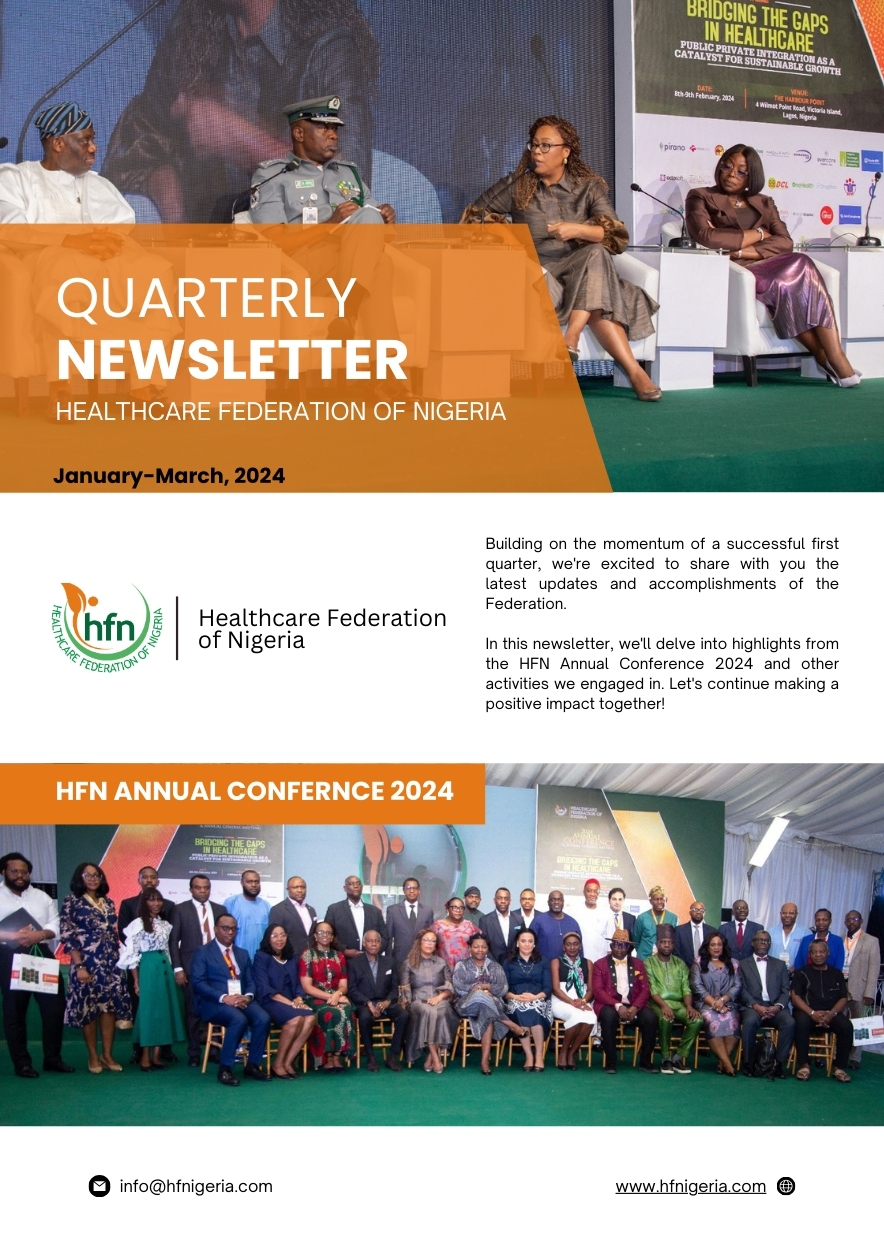 Maternal health experts have decried the rate at which pregnant women wear tight-fitting clothes, especially among young mothers, saying it could have adverse effects on their health and, possible, that of their unborn babies.
Maternal health experts have decried the rate at which pregnant women wear tight-fitting clothes, especially among young mothers, saying it could have adverse effects on their health and, possible, that of their unborn babies.
Experts say that the womb does not grow out of the pelvis until 12 weeks of pregnancy and most women will still get away with wearing their normal clothes until then.
However, by 14–16 weeks, the belly starts protruding and you will need to wear looser or more elasticised pants or skirts. Between 18–22 weeks, the waistline thickens, and the clothes need to accommodate this to maintain comfort.
Indeed, a 2015 study published by the National Institutes of Health online in open-access journal BMJ, states that, as a component of midwife care, eliminating clothing that constricts the trunk has been shown to markedly elevate the uterine fundus, soften the uterus and abdomen, and reduce the abdominal wall tension in women admitted to hospital due to the risk of miscarriage or premature delivery.
“However, no prospective study has conclusively verified the efficacy of avoiding constrictive clothes around the trunk in pregnant women,” the study authors say, adding that the study was aimed at verifying the efficacy of instructing pregnant women to wear loose clothing that does not constrict the trunk to reduce the risk of premature birth and improve quality of life during pregnancy.
According to experts, putting on tight clothes during pregnancy subjects the woman to unnecessary pressure and can lead to premature contraction.
The experts say wearing tight clothes in pregnancy can also restrict the free movement of the baby in the womb.
They also warn that wearing tight socks or half-leg stockings during pregnancy can reduce blood circulation from the feet and lower legs, thus increasing swelling, fluid retention and aggravating varicose veins.
India-based Consultant Obstetrician and Gynaecologist, Dr. Meenakshi Ahuja, says though there is no study which specifies that wearing jeans during pregnancy is harmful to a mother or baby, it is wise to avoid wearing anything too tight, as it might hinder blood circulation.
“Blood circulation is essential for the mother and baby. Wearing a tight belt can also affect blood circulation.
“During the second and third trimester, the baby bump becomes very prominent. And this is the time when most women prefer wearing tight jeans to hide the baby bump, which is not advisable,” the gynaecologist said.
A Lagos-based midwife, Ijeoma Igim, speaking during an interview with PUNCH HealthWise, said a pregnant woman wearing tight cloth will be under undue pressure.
She explained, “We now see a lot of pregnant women during our antenatal clinics who are wearing tight jeans and tight-fitting clothes. In some cases, the jeans will be so tight on their waist that it can affect the free movement of the baby in the womb. Babies in the womb need to exercise liberty and not be restricted.
“This is common among women in their 20s. We regularly advise them to wear free clothes that will allow the baby to relax. Some of the clothes are so tight to the point that when the baby is moving, you will be seeing the movement on the cloth.”
The midwife noted that some of the complaints by pregnant women concerning pain in the abdomen might have a link to the wearing of tight jeans.
“A pregnant woman wearing tight cloth cannot be free. Even from the way some of them sit when they come for antenatal, you will know that they are not free.
“Tight clothes put them under pressure and pressure is not good in pregnancy because it causes stress. A pregnant woman needs breeze; now, if she is under pressure, this can increase the rate of vomiting for those with the tendency to vomit. Also, wearing tight clothes can lead to premature contraction,” she added.
Also speaking on the issue, online platform, Very Well family, states that tight-fitting and uncomfortable clothing comes with a few risks. ”
Aside from causing pain and discomfort, tight-fitting clothes also can reduce your circulation and lead to yeast infections. Your number one goal in selecting maternity clothes should be comfort, especially later into the pregnancy,” it said.
The platform adds that wearing tight clothing during pregnancy is generally not recommended, noting, “Aside from feeling restricted, tight clothing also can lead to a host of issues.
“For instance, wearing something tight while pregnant can cause pain in different parts of the body. It also can reduce blood circulation and may even lead to yeast infections.”
This is corroborated by the American Pregnancy Association, which warns that the effect of wearing tight, unbreathable clothing increases vaginal yeast infections.
“Pregnant women experience an increase in vaginal secretions during pregnancy. This, combined with tight underwear, can create the perfect environment to allow yeast that naturally occurs in the vagina to overproduce and cause an infection,” APA says.
It adds that there is scientific evidence that tight pants might cause problems for the woman wearing them. “When you wear tight pants while pregnant, you put yourself at risk for a condition called meralgia paresthetica,” it warned.
Experts at Mayo Clinic say meralgia paresthetica is a condition characterised by tingling, numbness and burning pain in the outer part of the thigh. The condition is caused by compression of the lateral femoral cutaneous nerve, which supplies sensation to the upper leg.
Counselling young pregnant women, Igim said, “The right thing to do is that, immediately you find out that you are pregnant, prepare your mind to leave your old clothes until you deliver.”
The 2015 study notes that a woman’s body undergoes many changes due to hormonal effects during pregnancy to support the uterus.
“Hormonal activity loosens up ligaments, and increases the capacity of the chest and abdominal cavity.
“The wearing of tight clothes can, therefore, interfere with these physical changes and cause discomfort.
“Constipation is one of the most common minor problems experienced by pregnant women and tight clothing may further aggravate this condition,” the study says.
source: Punch







